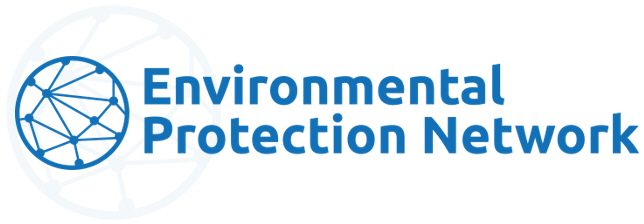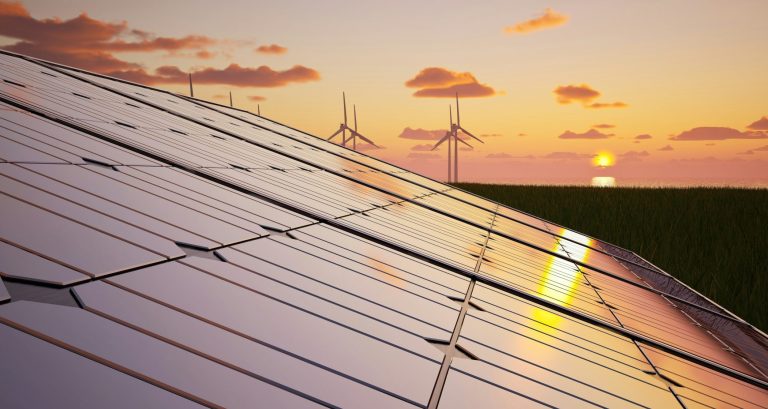Please share this information widely! And please sign up to receive these updates in your inbox every 2 weeks or so.
Below you will find resources and information on:
- DOE Opportunities
- EPA’s Climate Pollution Reduction Implementation Grants (CPRG)
- EPA’s Community Change Grants
- Webinars, Office Hours, and Resources/Guidance
DOE Opportunities
1) Department of Energy’s (DOE) Clean Energy to Communities (C2C) program
The National Renewable Energy Laboratory (NREL) is welcoming applications and proposals for all three offerings in the U.S. Department of Energy’s Clean Energy to Communities (C2C) program. The following program offerings range from short-term consultation with energy experts to multi-year technical assistance partnerships.
- In-Depth Partnerships: NREL welcomes proposals from communities of all types for three-year in-depth partnerships to support the development of secure, reliable, resilient, equitable, and affordable clean energy systems. Partnerships include up to $500,000 in subcontracting funding and $3,500,000 in technical assistance from one or more national laboratories. Proposals are welcome from teams (or “community teams”) composed of local governments, community-based organizations, electric utilities, and other key organizations. Register for an informational webinar on April 18 to learn more and submit your proposal by June 14.
- Peer-Learning Cohorts: NREL is accepting applications for a new round of three peer-learning cohorts. This 6-month program convenes groups of 10-15 communities across the country to learn from energy experts—and each other—about best practices for addressing common energy goals. Register for an informational webinar on April 10 to learn more and submit your application by April 30. Each cohort will convene regularly from July-December to focus on one of the following topics:
- Implementing an Agrivoltaics Project
- Designing and Enhancing Energy Efficiency Programs for Residential Buildings
- Charting a Path to Municipal Fleet Electrification
- Expert Match: NREL accepts applications year-round to pair communities with national laboratory experts to provide 40-60 hours of tailored assistance over 3-4 months to address near-term clean energy challenges and questions. Apply here.
Read the 2023 Annual Highlights report to see what other communities are doing as part of C2C, and learn more about each opportunity at www.nrel.gov/c2c.
EPA’s Climate Pollution Reduction Implementation Grants (CPRG) Updated Qs and As
2) CPRG Q&As Update
Updated CPRG Implementation Grants Tribes and Territories Questions and Answers were updated as of March 14, 2024 and are now available. As a reminder, The deadline for the CPRG Implementation Grants Tribes and Territories Competition is May 1, 2024 11:59 p.m. (ET). All applications must be submitted through Grants.gov. If you encounter technical difficulties with Grants.gov, please call 1-800-518-4726 or email support@grants.gov for assistance.
EPA’s Community Change Grants
3) Important First Steps and Resources for the Community Change Grants
EPA’s Environmental and Climate Justice Community Change Grants program will invest approximately $2 billion dollars in Inflation Reduction Act funds in environmental and climate justice activities to benefit disadvantaged communities through projects that reduce pollution, increase community climate resilience, and build community capacity to respond to environmental and climate justice challenges. If you are interested in applying for these funds or assisting others who are applying, we have compiled some important first steps to take and resources to utilize—from recorded webinars to step-by-step application guidance for Track 1 and Track 2.
4) Imperial Valley – Community Change Grants Stakeholders Meeting and Webinar
EPA will hold a hybrid in-person meeting and online webinar on Wednesday, May 8, and Thursday, May 9 from 9am to 4pm PT, in Imperial Valley, El Centro, CA. This event will provide discussion regarding the ongoing barriers that prevent basic services in many Colonias and other Disadvantaged Unincorporated Communities (DUC) in the Southwest region. For more information, please visit EPA’s webpage on the Imperial Valley event.
Webinars, Office Hours, and Resources/Guidance
5) A2 and EPN Forum on EPA’s Environmental Justice Thriving Communities Grantmakers Program
The Anthropocene Alliance (A2) and the Environmental Protection Network (EPN) will be co-hosting monthly virtual discussions at 1pm ET on the second Wednesday of every month, focused on federal funding and other topics of interest for frontline and environmental justice communities nationally.
EPA recently selected 11 unique Environmental Justice Thriving Communities Grantmakers across the country who will receive a total of $600 million to serve as pass-through entities. Each Grantmaker will receive approximately $50 million and will then offer a total of $40 million in $150-350k subgrants to small, resource-constrained, community-based organizations for assessment, planning, and project development activities.
- THIS WEDNESDAY, April 10, 1pm ET – We will be joined by Jumana Vasi, Program Manager for the Region 5 Minneapolis Foundation Thriving Communities Grantmakers Program, and Dr. Daniela Pineda and Dr. Christine A. Bevc, Program Director and Deputy Program Director, respectively, for Research Triangle Institute’s (RTI) National (and Region 4) Grantmakers program. They will provide information about this funding opportunity and discuss how organizations can begin to prepare now for the requests for proposals expected this summer/fall. Here is the zoom link.
To be added to the monthly calendar invites or to suggest topics for future discussions, email Harriet@AnthropoceneAlliance.org.
6) Direct Pay Office Hours with the Congressional Progressive Caucus Center
Thanks to a provision in the Inflation Reduction Act called Direct Pay, the federal government will give tax-exempt entities tax-free cash funding in the form of a refund to build renewable energy projects. The Congressional Progressive Caucus Center is working to demystify Direct Pay by hosting Office Hours where entities can join and bring their questions about Direct Pay and their team will provide answers and relevant resources. The next sessions are on Thursday, April 4, from 1-2pm ET and Thursday, April 18, from 1-2pm ET. You can RSVP for a session by filling out this form.
In addition, the Congressional Progressive Caucus Center has created a toolkit to help spread the word about Direct Pay with resources like talking points, sample social media and graphics. Please share this information with your networks and with any tax-exempt entities (schools, cities, counties, Tribal governments, non-profits, public utilities, etc.) you know who installed wind, solar, battery storage, electric vehicles, or electric vehicle chargers last year—they may be eligible for tax-free cash from the IRS!
7) More on Direct Pay/Elective Pay
For additional resources on Direct Pay/Elective Pay from Congressional Progressive Caucus Center and Lawyers for Good Government, check out our February 13, 2024, Federal Funding Opportunities and Guidance web post.
8) IRS Guidance on Low-Income Communities Bonus Credit Program
Revenue Procedure 2024-19 provides clarifying and procedural guidance applicable to the low-income communities bonus credit program (Program) for the 2024 Program year. Under this Program, applicants investing in certain solar and wind-powered electricity generation facilities may apply for an allocation of environmental justice solar and wind capacity limitation to increase the amount of an energy investment credit under section 48 for the taxable year in which the facility is placed in service. Revenue Procedure 2024-19 will be in IRB 2024-16, dated April 15, 2024.

